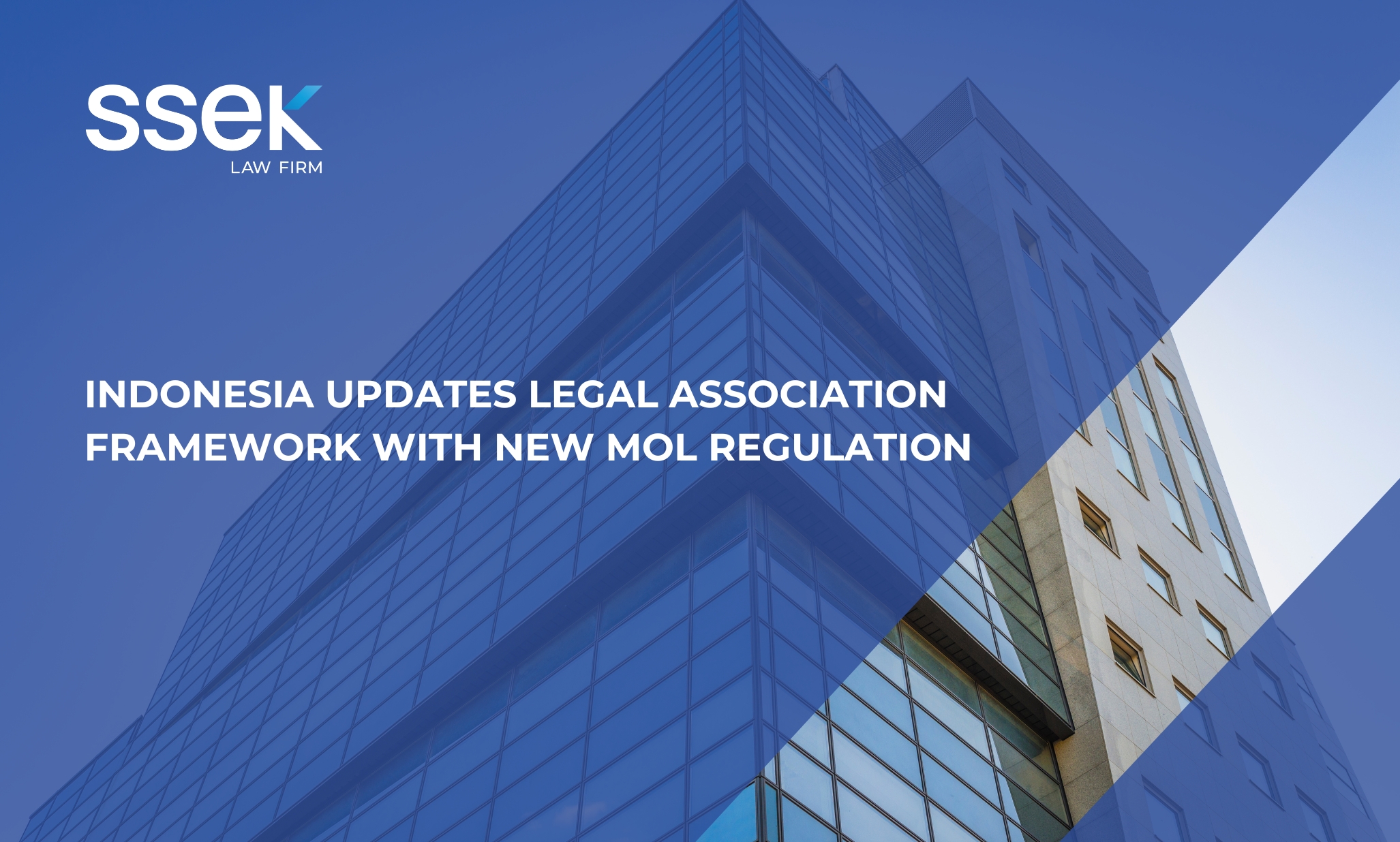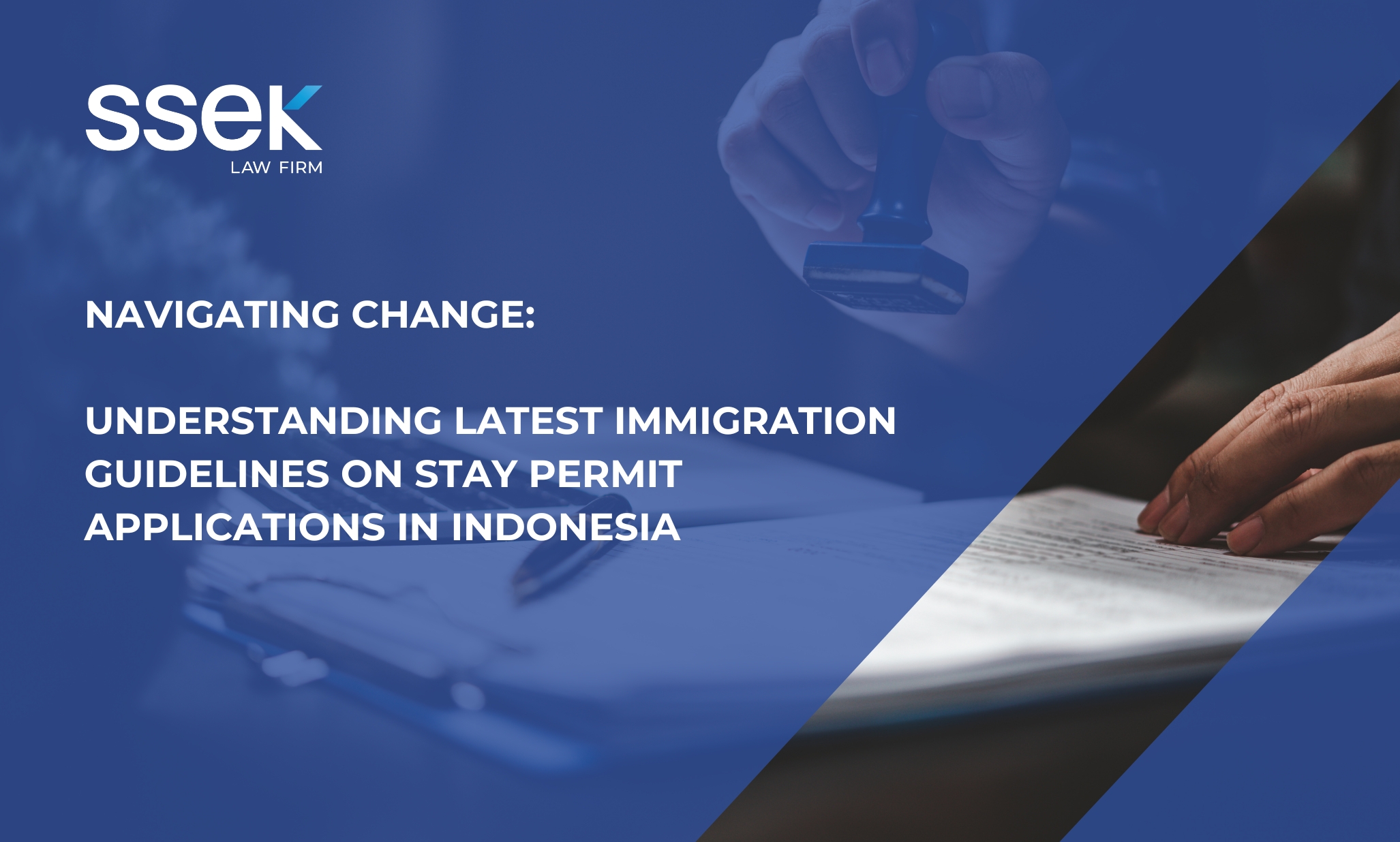

The Indonesian House of Representatives (DPR) recently passed the Omnibus Bill on Job Creation (the "Omnibus Bill"). The stated aim of the Omnibus Bill is to bolster investment and create jobs by streamlining regulations and simplifying the licensing process to improve the ease of doing business in Indonesia.
The Omnibus Bill revises various provisions in laws across numerous sectors, including Law No. 2 of 2017 regarding Construction Services (the "Construction Law").
As many as 33 articles of the Construction Law have been amended or revoked by the Omnibus Bill, with the most significant changes related to amendments in licensing, an overhaul of the authority of the Minister of Public Works and Housing ("MPWH") and sanctions.
Changes in the Construction Services Licensing Regime
The Omnibus Bill introduces several major changes to licensing requirements. First, Article 52(14) of the Omnibus Bill removes the requirement for the representative offices of foreign construction services companies (Badan Usaha Jasa Konstruksi Asing or "BUJKA") to hold a BUJKA representative office license. Now, BUJKA representative offices are only required to obtain "business licensing."
In addition, Article 52(13) of the Omnibus Bill amends Article 29 of the Construction Law and the obligation for individuals performing construction services to obtain an Individual Business Registration Certificate (Tanda Daftar Usaha Perseorangan). Under the Omnibus Bill, individuals are instead required to obtain "business licensing" issued by the Central Government.
It is unclear whether the above changes are mere changes in license terminology or if the government plans to introduce new types of licenses that will likely come with a new set of requirements.
Authority of the MPWH
The second key highlight of the Omnibus Bill is the overhaul of the authority of the MPWH. Under the Construction Law, the MPWH held a large share of regulatory authority, most notably with respect to business licensing and registration, registration of expatriate workers, accreditation of the construction services community, etc. Under the Omnibus Bill, a majority of these authorities are transferred to the Central Government.
One notable change in the MPWH's authority relating to business licensing and registration is the revocation of its authority to issue Business Entity Certificates (Sertifikat Badan Usaha or "SBUs"). The Omnibus Bill mandates that the issuance of SBUs is now the domain of the "Central Government." The authority to issue professional experience certificates for construction services workers has also been moved from the MPWH to the Central Government.
Given that the MPWH is part of the Central Government, these changes may simply be changes of terminology, since references to sectoral ministries are no longer found in most of the laws amended by the Omnibus Bill. On the other hand, these changes could mean that the government plans to introduce significant changes in the regulatory framework for construction services.
For example, a possible outcome is the integration of licensing and registration services for the construction services sector, such as SBUs, into the Online Single Submission (OSS) system, moving away from the online system of the Construction Services Development Agency (Lembaga Pengembangan Jasa Konstruksi). Nonetheless, actual changes in practice will depend on the issuance of government regulations or ministerial regulations by the MPWH.
Sanctions
The third highlight relates to changes in provisions of the Construction Law that relate to sanctions. Notably, the Omnibus Bill revokes Article 92 of the Construction Law, which regulates sanctions for the non-fulfillment of the obligations of BUJKA representative offices found in Article 33 of the Construction Law. These obligations, which remain unchanged under the Omnibus Bill, include the establishment of a joint operation with a local construction services company, prioritizing the use of local construction materials and technology, and hiring an Indonesian national as the head of the BUJKA representative office.
Interestingly, sanctions for violations of the foregoing obligations related to BUJKA representative offices are still found in Government Regulation No. 22 of 2020 regarding the Implementation of the Construction Law ("GR 22/2020"). One can expect that GR 22/2020 will be revoked or amended by one of the government regulations mandated by the Omnibus Bill to further regulate its various amendments.
Conclusion
Although it may seem that the Omnibus Bill does not make significant changes to current practices in the construction sector, we will have to wait and see what changes the government regulations that are to be issued will bring.
This publication is intended for informational purposes only and does not constitute legal advice. Any reliance on the material contained herein is at the user's own risk. All SSEK publications are copyrighted and may not be reproduced without the express written consent of SSEK. As of the date of this publication, we are not aware of any formal announcement from the Indonesian Government on the official final version of the Omnibus Bill. The contents of this publication may change subject to the issuance of the Omnibus Law and its various implementing regulations.









